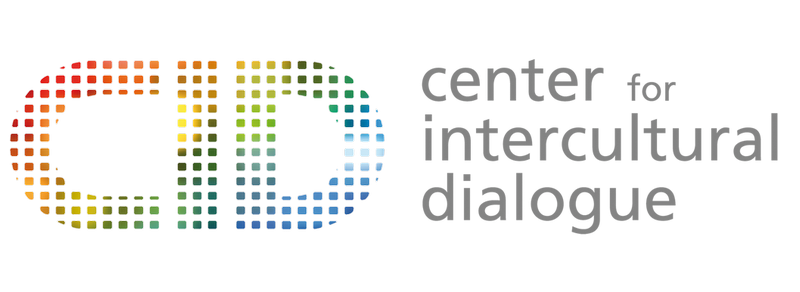MINE is an 18 months strategic partnership for the exchange of good practices that involves 9 organisations from Italy, Portugal, Greece, Macedonia, UK, Germany, Finland, Lithuania and Turkey. It included a mix of local activities and learning mobilities.
Duration:
Main aim: to create the setting in which different organisations and institutions with different expertise in the areas of hot spots, house policy, job integration, language teaching, awareness of the local communities can join together and share it.
The objectives are:
– to characterize what constitutes a good practices
– to identify one good practice in each organisation, focusing on each field of expertise
– to provide a virtual and face-to-face space to share and learning from each others
– to improve the competences of the educators involved in the areas of house policy, job integration, language teaching, awareness of the local communities
– to extend the educators competences of using the ICT for learning
– to support the organisation involved in starting a reviewing process of what they offer and how to their target group, by importing elements of good practices acquired during the learning mobilities
– to learn how to import some elements of the good practices in each institutions’ work
– to create a network of organisations that can work together in other projects on this topic (such as Daphne, KA2-development of innovation)
Methodology: based on several pillars:
- a proper balance of local work and transnational meetings. Even if it is a project of exchange of good practices, MINE does not include only face to face or virtual exchanges.
- experiential learning. Basing on Kolb’s learning cycle, we will propose a concrete experience (the doing) and we will support a reflective observation and a conceptualisation of the experience in order to deduct the learning (learning by doing). So, most of our activities will be dynamic, interactive and will allow participants to put in action situations, problems, ideas and so on (role-play, simulation, organisational constellation, theatre, psichodramma)
- peer learning. The sense in which we use it here suggests a two-way, reciprocal learning activity. Peer learning should be mutually beneficial and involve the sharing of knowledge, ideas and experience between the participants. The educators will learn a great deal by explaining their ideas to others and by participating in activities in which they can learn from their peers. They develop skills in organizing and planning learning activities, working collaboratively with others, giving and receiving feedback and evaluating their own learning.
This activity description:
- Short-term joint staff training event
It is a 6 days experiential learning on the following good practices: first support/hotspots, language teaching, arts for learning and non-formal education. The events will be hosted in Macedonia and includes the visit to a refugee camp. The good practices will be coming from the Turkish, Greek, German, Lithuanian organisations. CID will support us with the logisitcs and the visit to the refugee camps
